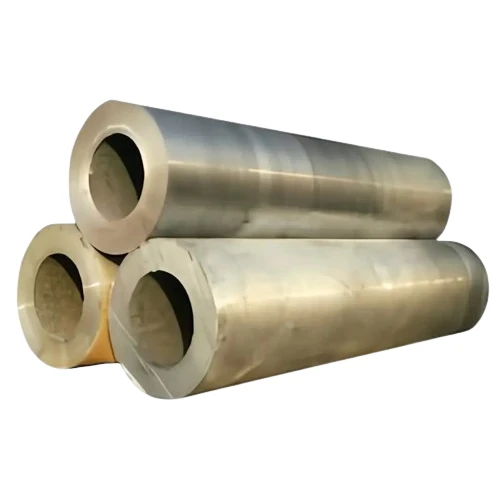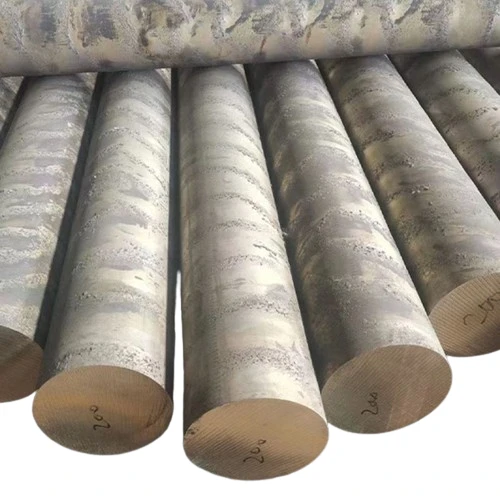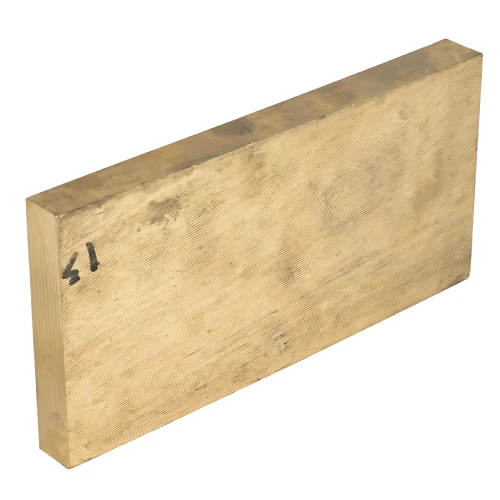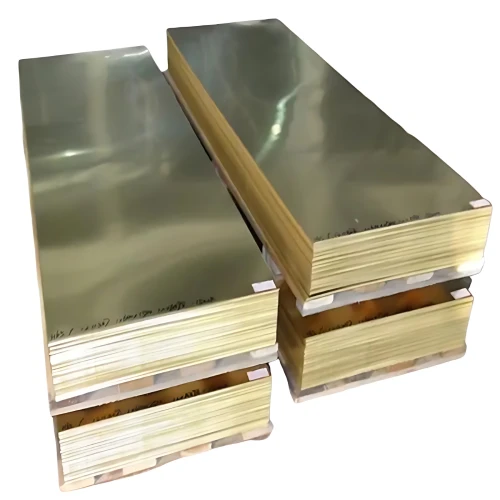C95400: The All-Purpose Aluminum Bronze for Strength, Castability, and Corrosion Resistance
C95400. also known as C954 or 9C aluminum bronze, is a popular copper alloy belonging to the aluminum bronze
family. It's prized for its well-rounded properties, offering a good balance of strength, castability,
and corrosion resistance. Here's a closer look:
Table: Key Properties of C95400
| Property |
Description |
| Chemical Composition |
- Primarily Copper (Cu): Balance <br> - Aluminum (Al): Nominal 4% <br> - Iron (Fe):
Up to 4% with the option of adding up to 1.5% Nickel (Ni)
|
| Mechanical Properties |
- Good tensile and yield strength <br> - Good castability for intricate shapes <br>
- Fair machinability <br> - Moderate corrosion resistance
|
| Common Brands (By Country) |
- Europe: CuAl4Fe4 [Europe] <br> - US: Aluminum Bronze, C954 |
Important Note: Brand names might vary depending on the supplier. Nickel content can vary,
so always check the specific datasheet.
Common Questions and Answers:
What are the typical applications of C95400?
C95400's versatility makes it suitable for various applications:
Valves and fittings: While regulations might limit its use in some areas, C95400 has been
traditionally used for valves and fittings due to its castability and strength.
Gears and bushings: It can be used for gears and bushings in applications with moderate
loads.
Marine hardware: C95400 offers moderate corrosion resistance for some marine hardware
applications.
Architectural elements: Due to its castability and aesthetics, C95400 can be used for
decorative elements like railings and plaques.
How does C95400 compare to other copper alloys?
C95400 offers a good balance:
Versatility: Compared to some specialized copper alloys, C95400 offers a balance of
properties suitable for various applications.
Castability: It offers good castability for intricate shapes, making it suitable for
complex components.
Are there alternatives to C95400?
Depending on the specific needs, consider these alternatives:
High-strength aluminum bronzes: Offer superior strength but might be more expensive and
have lower castability.
Leaded brasses (e.g., C85700): Can provide good castability and machinability at a lower
cost, but with lower strength and environmental concerns due to lead.
Silicon bronzes (e.g., C65620): Offer good castability, corrosion resistance, and fair
strength, but might lack the same machinability.
Important Note: Always consult with a material engineer or supplier to identify the most
suitable copper alloy for your specific application considering factors like strength, castability,
corrosion resistance, machinability, lead content (regulations), and cost.



